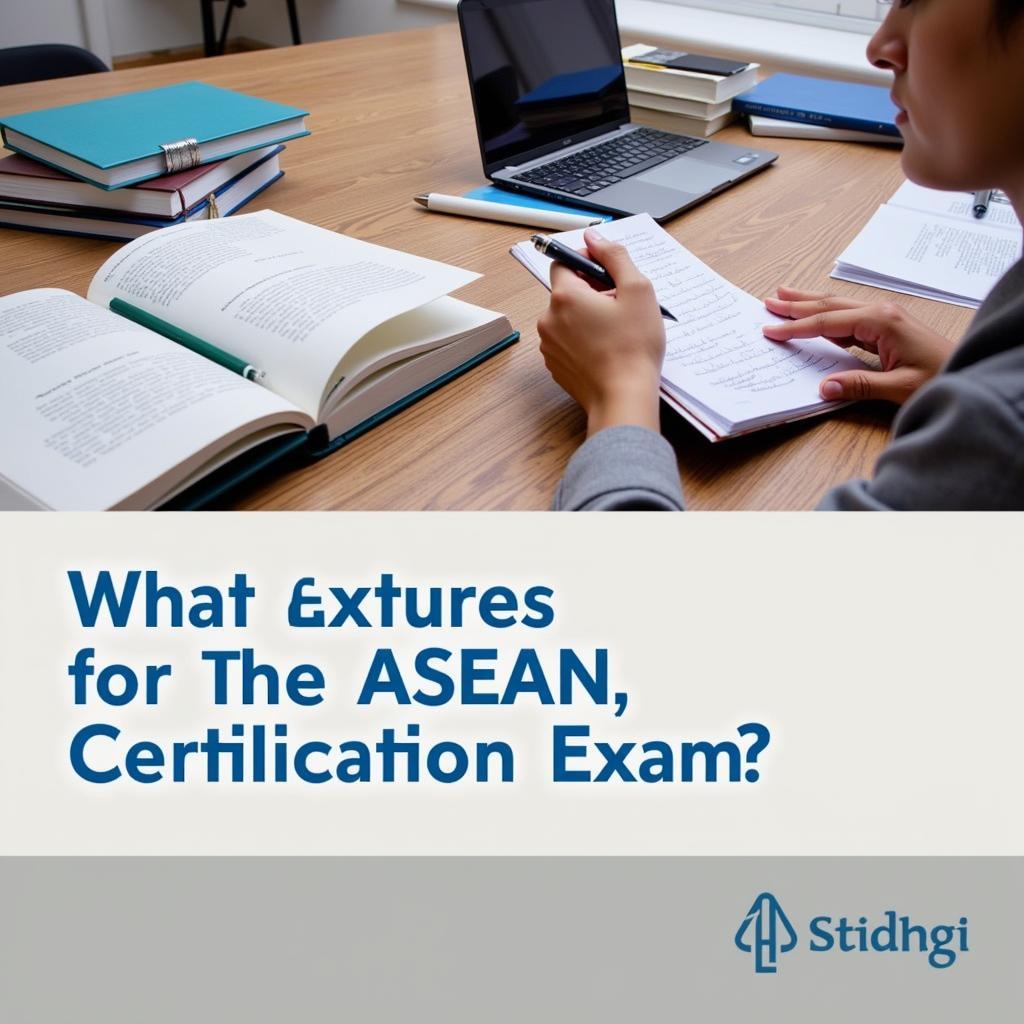The Association of Southeast Asian Nations (ASEAN) is a regional intergovernmental organization comprising ten Southeast Asian countries. Founded on August 8, 1967, ASEAN aims to accelerate economic growth, social progress, and cultural development within the region. At its core, ASEAN’s success rests upon the “3 Pillars Of Asean”, a framework established to guide cooperation and integration among member states. These pillars encompass three broad areas: Political-Security Community, Economic Community, and Socio-Cultural Community.
Pillar 1: Political-Security Community – Fostering Peace and Stability
The first pillar, the Political-Security Community, lays the groundwork for a peaceful and stable Southeast Asia. It aims to create a region where countries engage in constructive dialogue, resolve disputes amicably, and cooperate to address common security challenges. This pillar emphasizes the principles of non-interference in internal affairs, respect for sovereignty, and the renunciation of the threat or use of force.
Key initiatives under this pillar include:
- ASEAN Regional Forum (ARF): Established in 1994, ARF serves as a platform for dialogue on political and security issues involving ASEAN and its dialogue partners.
- ASEAN Defence Ministers’ Meeting (ADMM) and ADMM-Plus: These platforms facilitate defense cooperation among ASEAN member states and with dialogue partners.
- Treaty of Amity and Cooperation in Southeast Asia (TAC): Signed in 1976, this treaty promotes peaceful coexistence and cooperation among Southeast Asian nations.
The Political-Security Community pillar aims to create a secure and stable environment for the people of Southeast Asia, fostering a sense of shared destiny and collective responsibility for regional peace.
Pillar 2: Economic Community – Towards a Single Market and Production Base
The second pillar, the Economic Community, strives to establish ASEAN as a single market and production base, characterized by the free flow of goods, services, investment, and skilled labor. The goal is to enhance ASEAN’s competitiveness in the global market, promote economic development, and improve the living standards of its people.
Key initiatives under this pillar include:
- ASEAN Free Trade Area (AFTA): AFTA seeks to eliminate tariffs and non-tariff barriers to trade among member states.
- ASEAN Comprehensive Investment Agreement (ACIA): ACIA aims to create a more liberalized and transparent investment environment within ASEAN.
- ASEAN Framework Agreement on Services (AFAS): AFAS facilitates the liberalization and integration of services sectors among member states.
The Economic Community pillar works towards greater economic integration, making ASEAN a more attractive destination for trade and investment, creating job opportunities, and ultimately improving the lives of its citizens.
Pillar 3: Socio-Cultural Community – Bridging Cultures and Fostering Understanding
The third pillar, the Socio-Cultural Community, focuses on strengthening ASEAN’s identity and promoting people-to-people connectivity. It aims to address social issues, bridge cultural divides, and enhance cooperation in areas such as education, health, environment, and disaster management.
Key initiatives under this pillar include:
- ASEAN Socio-Cultural Community Blueprint: This blueprint outlines a comprehensive plan to address social and cultural issues in the region.
- ASEAN University Network (AUN): AUN promotes collaboration among universities in Southeast Asia in areas such as research, teaching, and student exchange.
- ASEAN Center for Biodiversity (ACB): ACB works towards the conservation and sustainable use of biodiversity in the region.
The Socio-Cultural Community pillar is crucial in fostering a sense of shared identity among the people of Southeast Asia, promoting cultural exchange, and addressing common social concerns.
The 3 Pillars of ASEAN: Working Together for a Shared Future
The 3 Pillars of ASEAN – Political-Security, Economic, and Socio-Cultural – are interconnected and mutually reinforcing. They represent a comprehensive approach to regional integration, aiming to create a peaceful, prosperous, and vibrant Southeast Asia. By working together, ASEAN member states strive to achieve their shared vision of a resilient, dynamic, and people-centered community.
Do you need help navigating the complexities of the ASEAN market?
Contact us today!
Phone: 0369020373
Email: [email protected]
Address: Thôn Ngọc Liễn, Hiệp Hòa, Bắc Giang, Vietnam
Our dedicated team is available 24/7 to assist you with all your ASEAN-related needs.


